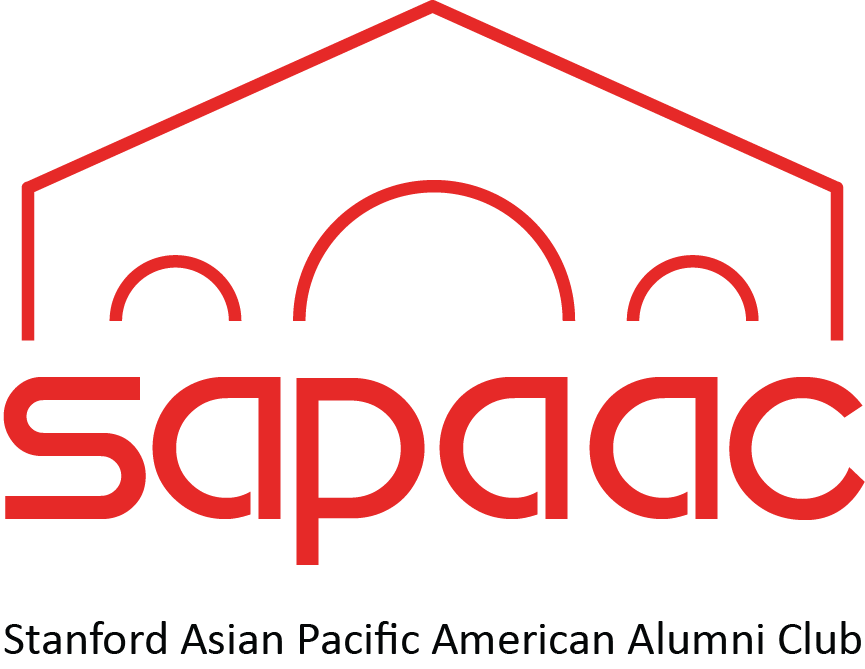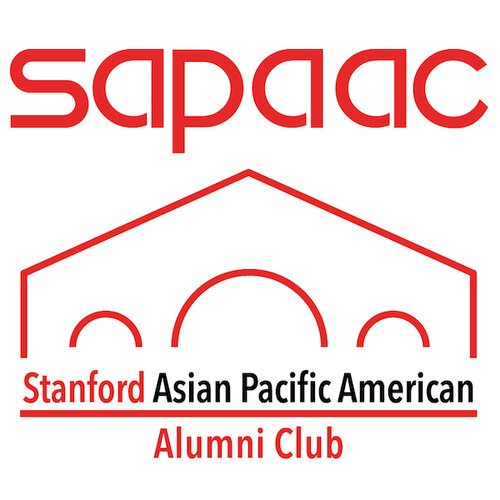Dear President Richard Saller, Provost Jenny Martinez, Vice President Howard Wolfe, Dean Mona Hicks, Dean Deborah Satz, and other Stanford leaders:
We write as the Stanford Asian Pacific American Alumni Club (SAPAAC) Board to share our enthusiasm for a recent development at the University.
We celebrate the appointment this fall of Sunny Trivedi, PhD ‘22, as Assistant Director at the Asian American Activities Center (A3C). Dr. Trivedi brings a wealth of knowledge to the role as a Stanford alumnus with a background in educational research; institutional diversity, equity and inclusion; and community-based organizations. He has professional experience on both coasts and the Midwest, including recent work with the Indo-American Center in Chicago, alongside Chicago Public Schools. He also served on the South Asian American Policy & Research Institute’s Community Equity Research Council.
In the first quarter of the 2023-24 academic year, “Sunny” - as he is called by students - spearheaded first-year initiatives and led New Student Orientation activities. As a South Asian American with roots in Gujarat, India, he provides a welcoming and inclusive touchpoint for Stanford’s diverse South, Southeast, and East Asian American students—all of whom rely on the A3C as a community anchor.
As the elected representatives of Stanford’s Asian and Pacific American alumni, we hope the University will continue its commitment to A3C personnel and program-dependent resources. With Dr. Trivdedi joining the Center’s vibrant and innovative leadership team—Director Linda Tran, BA ‘06, MA ‘07, Associate Director Dr. Jerald Adamos, and Assistant Director Latana Thaviseth—we see a bright future ahead for the A3C.
We continue to call on Stanford to engage with, be responsive to, and recruit Asian Americans for senior university leadership. This priority is highlighted by Professor Gordon Chang’s return to full-time teaching after concluding his term as Senior Associate Vice Provost for Undergraduate Education. (In the same vein, we welcome the appointment of Prof. Shashank Joshi of the School of Medicine in the newly-created role of Assistant Vice Provost for Academic Well-Being).
As alumni committed to our University whose values reflect its diverse campus life and leadership, the Board looks forward to collaborating with Stanford students, staff, faculty, and community members on SAPAAC’s advocacy and education projects. These include documenting the experiences of Asian Americans at Stanford through their oral histories; seeking active participation, co-creation, and collaboration with the Asian American community to acknowledge and commemorate the history and impact of Chinese laborers on campus; and continuing to support the ongoing development of Asian American Studies at Stanford.
We hope to stay in contact with you on these issues of high priority to our membership.
Sincerely,
The SAPAAC Board
Kevin Fan Hsu, President
Jennifer Xiong, Secretary
Kuldip Ambastha
Nelson Hsu
Josephine Lau
Caroline Lee
Danielle Limcaoco
Evelyn Mei
Jin Park
Katie Gee Salisbury
Risa Shimoda
Tutti Taygerly
Connie Chan Wang

